Labour party conference in Morecambe 70 years ago was rowdy affair
and live on Freeview channel 276
It was one of the most dramatic and important in the party’s history. The historian Kenneth Morgan wrote, “Men and women who had been there spoke of it 20 years later with bated breath".
It was the first held after the defeat of the post-war Labour government and of the new Queen’s reign.
Advertisement
Hide AdAdvertisement
Hide AdOpened by the Mayor of Morecambe and Heysham, Councillor Norman Edmondson, it was ‘by far the largest conference’ the seaside town had seen.
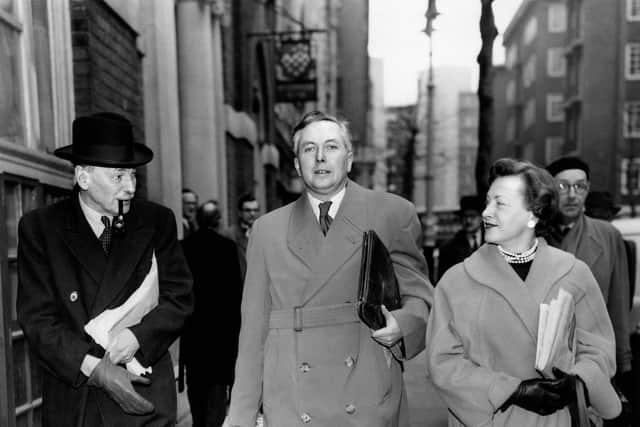

Thousands of Labour Party and trade union delegates arrived from around the country, full of fervour and passion for great political battles in the days to follow. One of them was my grandfather Jack Johnson, a delegate from Leicester and campaigner for comprehensive education.
Things started optimistically. The Mayor spoke proudly of Morecambe’s place ‘on the shore of Britain’s bonniest bay. "We have the Lakeland hills in the distance and some of the most beautiful English countryside surrounding us’.
The Chairman of the Morecambe and Lonsdale Labour Party joked that holding the conference in Morecambe was ‘a great asset to us – far better than a lot of the propaganda which we get from head office’.
Advertisement
Hide AdAdvertisement
Hide AdSoon, however, things turned sour. The weather was appalling. It pelted down with rain over the five days. The conference hall was too small. The lighting was too dim. The Labour MP Dick Crossman recalled “a superb view across the mud to the mountains of the Lake District. There is nothing whatsoever to be said for Morecambe except this view, which appeared at thirty-hour intervals for a minute or two throughout the week”.
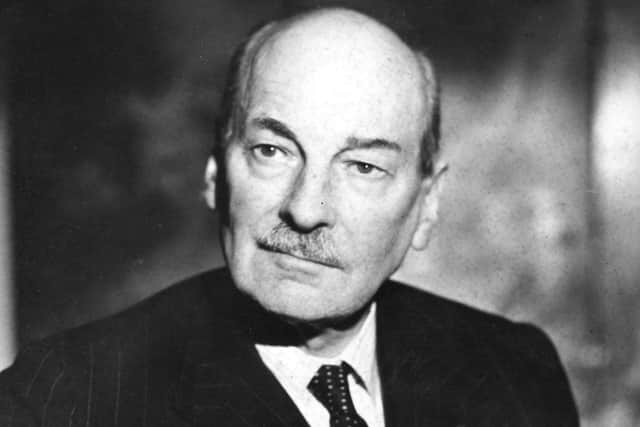

The Labour leader and former prime minister Clement Attlee wasn’t terribly impressed with the venue, writing, “I have just got back from Morecambe. Architecturally it ranks a good second to Blackpool, the [latter] beats it in the atrocious ugliness of its buildings, but Morecambe pulls up on complete absence of planning”.
Crossman agreed with Attlee, “It’s a minor Blackpool, dumped down on mud flats, with a four-mile-long promenade, with the Grosvenor at one end, the Winter Gardens in the middle and the other big hotel [the Midland] at the other end”.
Perhaps partly exacerbated by these inauspicious surroundings, tensions ran high. The future Labour leader Michael Foot said conference was “rowdy, convulsive, vulgar, splenetic; threatening at moments to collapse into an irretrievable brawl”.
Advertisement
Hide AdAdvertisement
Hide AdAt issue was whether the Labour Party should take a leftward direction following its defeat in 1951.
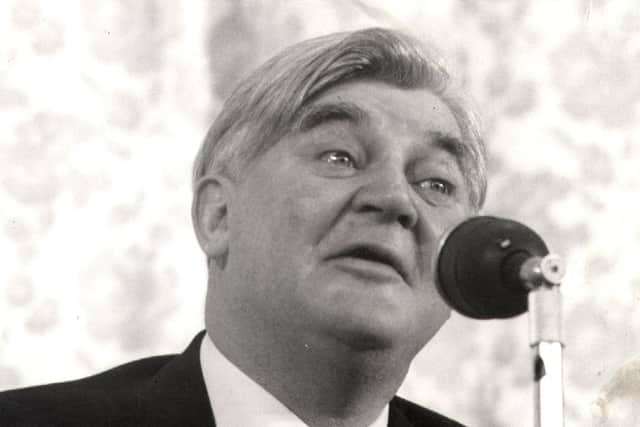

Nye Bevan, the former Health Secretary, had resigned from the Attlee government over the introduction of charges for some NHS services, such as eyeglasses and dentistry. He and his allies, collectively known as the ‘Bevanites’, believed that Labour had lost power because it had compromised too much on its socialist values.
On the other side of the argument were the trade union leaders and some other members of the Attlee government, including Deputy Leader Herbert Morrison and the former Chancellor Hugh Dalton. The question of the party’s direction was to be decided by the conference delegates, who elected the party’s governing National Executive Committee (NEC).
In a dramatic turn of events, nearly all of the ‘right-wing’ NEC members lost their seats, including Morrison and Dalton after many years of service. Nye Bevan and his allies Harold Wilson, Barbara Castle, Tom Driberg, Ian Mikardo, and Dick Crossman were victorious. The Bevanites toasted their victory in the fashionable Midland Hotel.
Advertisement
Hide AdAdvertisement
Hide AdThe trade union leadership was apoplectic. One trade union official started screaming, “After this, there’ll be no more bloody money for this bloody party!”
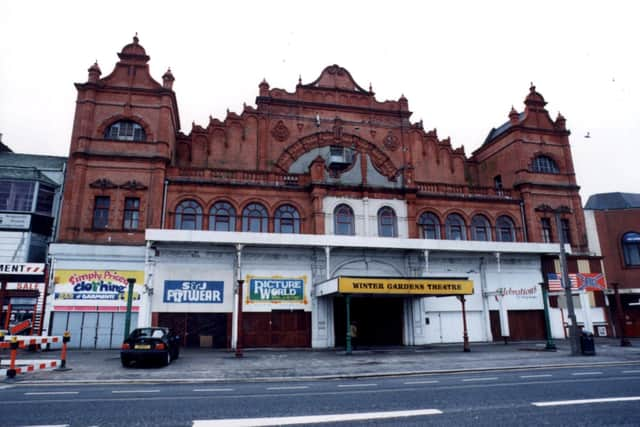

So enraged was he that he inadvertently spat out his false teeth. The miners’ union leader Will Lather compared Bevan to Ramsay MacDonald, a much-hated figure in the party.
When interrupted by a delegate, Lather spat back, "Oh shut your gob!”
Arthur Deakin, leader of Britain’s largest union the TGWU, waved his fists and told the Bevanites to “abandon their vituperation and their carping criticism”.
Advertisement
Hide AdAdvertisement
Hide AdMPs on the ‘Right’ of the Labour Party were also enraged. Hugh Gaitskell, the Shadow Chancellor, called the NEC elections ‘not only an act of gross political ingratitude but a piece of blind stupidity’.
Bessie Braddock, the formidable Liverpool MP, stood on the stage and denounced Bevan directly, accusing him of ‘bad faith and bad language’. Boos and shouts rang out.
"‘Go home!’, one delegate jeered.
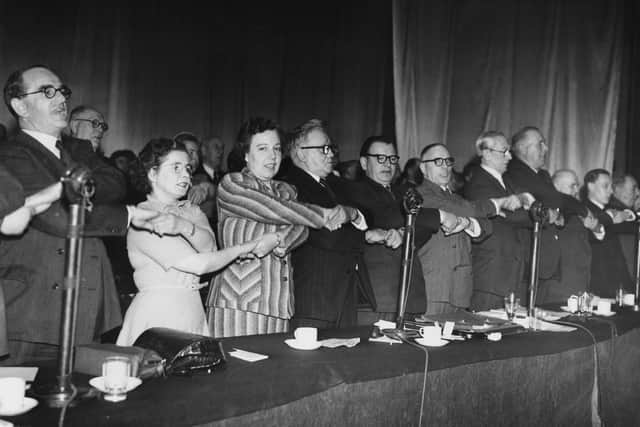

Braddock accused the heckler of being a communist and told him to go home.
George Brown, would later become Deputy Labour Leader, summed up, "It seems to me this conference is rapidly going mad”.
Advertisement
Hide AdAdvertisement
Hide AdAfter five days of vigorous discussion, the Mayor of Morecambe brought things to a close. He spoke of how ‘very proud’ he was of the ‘way our citizens have taken you into their hearts’.
As for the dreadful weather, Councillor Edmondson said he made ‘no apology’.
This was because, he joked, weather is ‘not controlled by local government; it is controlled by the Air Ministry, and of course you know what Government is in power now!’.
In spite of the Mayor’s levity, the conference delegates left Morecambe feeling bruised and battered by rain and internal party strife.
Advertisement
Hide AdAdvertisement
Hide AdDick Crossman recorded, “By the end of the Conference, everyone had streaming colds, as well as heartache”.
Labour Party conference never returned to Morecambe.
There will be a 70th anniversary celebration of the 1952 Labour Party Conference at Morecambe’s Winter Gardens on October 1.
John McDonnell MP will be the keynote speaker.
The programme also includes local memories of the conference, history talk about why the Morecambe Conference matters, re-enactments, and Pathé video and photos.
Doors open at 5pm.
Tickets from £5, visit here